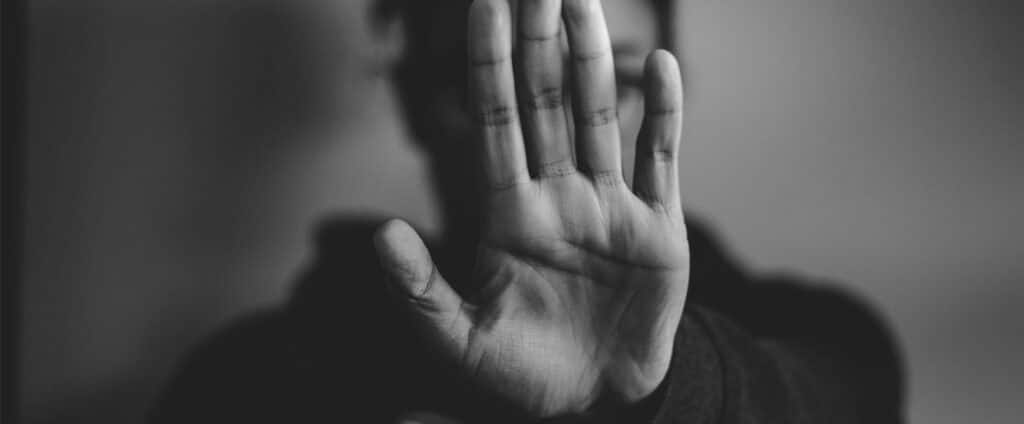What does violence and abuse look like in a relationship?
There are many different types of violence and abuse that cause suffering, harm and death. Acts of violence and abuse can range from things that may seem small to extreme acts of violence .
Things that seem small at first can grow over time, as can violent and dangerous behaviours, and often develop a pattern. For many women, the most dangerous time in a violent relationship is when they try to leave their abuser.
Pay attention to how your partner makes you feel. Safe or unsafe?
Violence and abuse can take many forms. Here are some things abusers do:
Tries to control you: Keeps a close eye on everything you do, from monitoring things like phone calls or texts, online activities, car mileage, how you dress and who you see.
Verbal abuse: Yells or refuses to talk at all. Threatens to hurt you and your children, pets or other relatives. Says things to make you feel bad – like you don’t do anything right, are ugly or stupid.
Emotional or psychological abuse: Uses anger and chaos to keep you in constant fear, ignores your basic needs, makes you feel worthless or like you can’t make decisions, doesn’t allow your spiritual practices, threatens to kill you or himself or both.
Technology Facilitated Violence: Stalks you online, shares explicit photos without your permission, spreads gossip or rumours online, tries to blackmail you.
Financial abuse: Controls money or other resources. May keep secrets about family finances or put you on an allowance and make you explain every penny you spend. Might spend everything on himself before basic expenses like food and shelter are paid or steal money from you.
Isolation: Tries to make you feel totally alone with no one to turn to. Keeps you from seeing who you want to see and doing what you want do. Sometimes victims will end up isolating themselves because they may feel guilty or ashamed about their abuse and don’t want friends or family to see their injuries or know how they are being treated.
Physical abuse: Assaults you by choking, hitting, kicking, biting, slapping or punching or does things that hurt without leaving marks, like pulling hair. Uses weapons like a knife or gun, restrains you or locks you up. Denies your basic physical needs like enough sleep, meals or medications.
Sexual violence: Assaults you sexually, manipulates you into having unwanted sex, forces you to have sex with others or forces you into sex work against your will. Abusers may also force sex on someone who is asleep, drugged, unconscious or disabled. Any sexual contact without consent is sexual violence and is a crime in Canada. Consent to sex in the past does not mean consent now.
Stalking and harassment: You can be stalked or harassed by a former partner or a total stranger who follows you, hangs around outside your home, shows up at your workplace uninvited or constantly emails or phones.
If you know someone who needs help and a safe place to go, click here for a complete list of Transition Houses and Safe Homes in BC.
